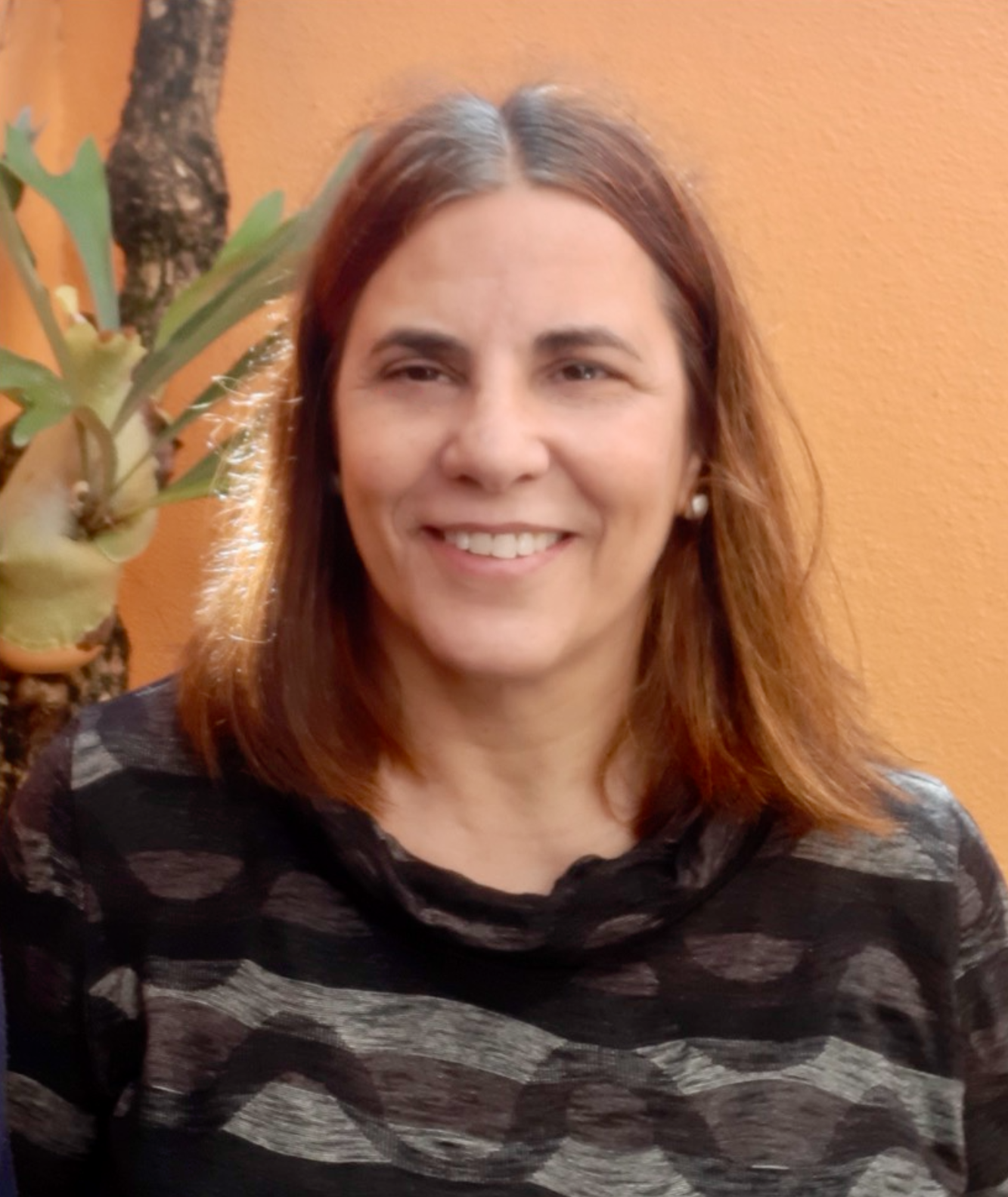About the Editors

Hannah Parathian has a PhD in Anthropology from Oxford Brookes University where she specialised in Environmental Anthropology. Her research focuses on understanding multispecies ecologies in order to better inform conservation. As well as carrying out research in the Colombian Amazon and rural Guinea-Bissau, Hannah has worked as a behavioural and social research assistant on three long-term conservations projects in the Canary Islands, Madagascar and Guinea-Bissau. Hannah completed a three-year post-doc with the Environment, Sustainability and Ethnography research group at CRIA in January 2020 and continues to collaborate, present and publish data on West African ethnoecology and multispecies approaches to conservation. She is currently a researcher on a three-year Darwin-funded project exploring the social and cultural dimensions of zoonotic disease transmission between people and chimpanzees in Guinea-Bissau (https://www.darwininitiative.org.uk/project/DAR26018/).

Amélia Frazão-Moreira has a PhD in Social Anthropology. She is an Associate Professor for the Department of Anthropology at The New University of Lisbon and a researcher for the Environment, Sustainability and Ethnography research group at CRIA. Her specialist areas are Environmental Anthropology, Ethnobiology and Ethnoecology. She has coordinated and participated in various long-term research projects, studying relationships between humans, non-humans and the environment, in the context of heritagization and conservation in Portugal and African countries (Guinea-Bissau, Mauritania and Mozambique). Amélia is author of “Plantas and 'Pecadores'. Percepções da Natureza em África” (Livros Horizonte) based on an in-depth ethnography of the relationship of the Nalu people (Guinea-Bissau) with plants and nature, as well as several book chapters and peer-reviewed articles in international journals.She is currently a researcher on a three-year Darwin-funded project studying zoonotic disease transmission between people and chimpanzees in Guinea-Bissau (https://www.darwininitiative.org.uk/project/DAR26018/), and coordinator for a consultancy on ICCAs (Indigenous peoples and community conserved territories and areas) in Guinea-Bissau (https://www.cria.org.pt/en/projects/promote-the-areas-and-territories-of-the-indigenous-and-community-heritage-sites-in-guinea-bissau).
CRIA’s Environment, Sustainability and Ethnography Research Group (DASE) adopts a broad interdisciplinary perspective which integrates nature, culture and society. It brings together researchers in creative and diverse ways, reinforces a multidisciplinary dialogue and promotes a dynamic and innovative approach to anthropology. Current research includes, among others, community processes of adaptation in response to disease transmission and climate change, case study assessment of global conservation projects, and the study of environmental movements and activists in Portugal and Africa. https://www.cria.org.pt/en/research-group/environment-sustainability-and-ethnography.
This database was created in the scope of the post-doctoral fellowship of Dr Hannah E. Parathian (CRIA/04038/BPD/DASE) financed by FCT (UID/ANT/04038/2013). Funded by Fundação para a Ciência e Tecnologia I.P., in the scope of CRIA's strategic plan (UIDB/04038/2020).
Citation: Parathian, H. & Frazão-Moreira, A. (2022) People, Culture & Conservation in West Africa: Studies of Multispecies Coexistence. Online Database. CRIA (Centre for Research in Anthropology).
© 2022 Hannah Parathian & Amélia Frazão Moreira. All rights reserved / Credits and privacy policy.
Citation: Parathian, H. & Frazão-Moreira, A. (2022) People, Culture & Conservation in West Africa: Studies of Multispecies Coexistence. Online Database. CRIA (Centre for Research in Anthropology).
© 2022 Hannah Parathian & Amélia Frazão Moreira. All rights reserved / Credits and privacy policy.


